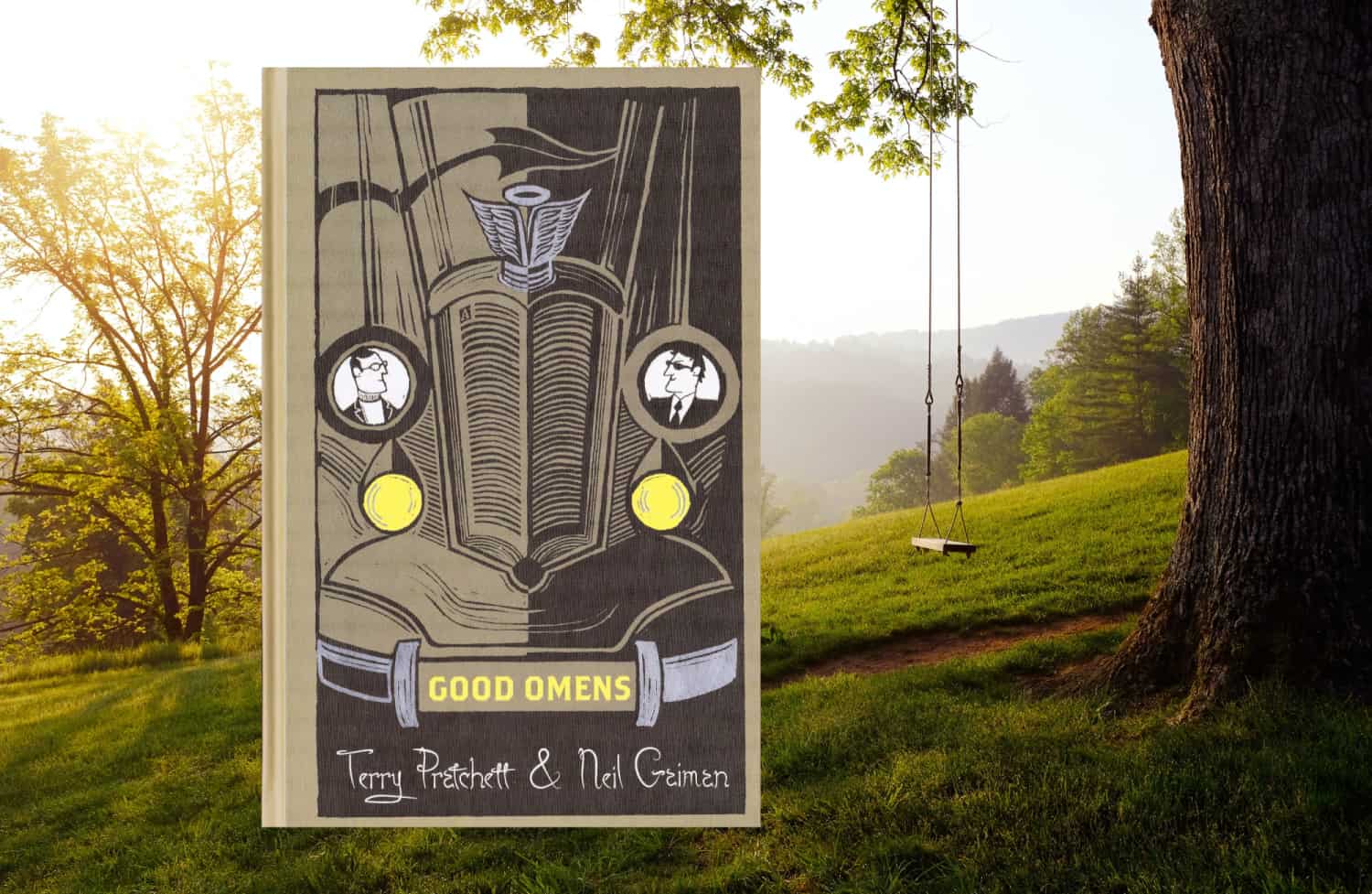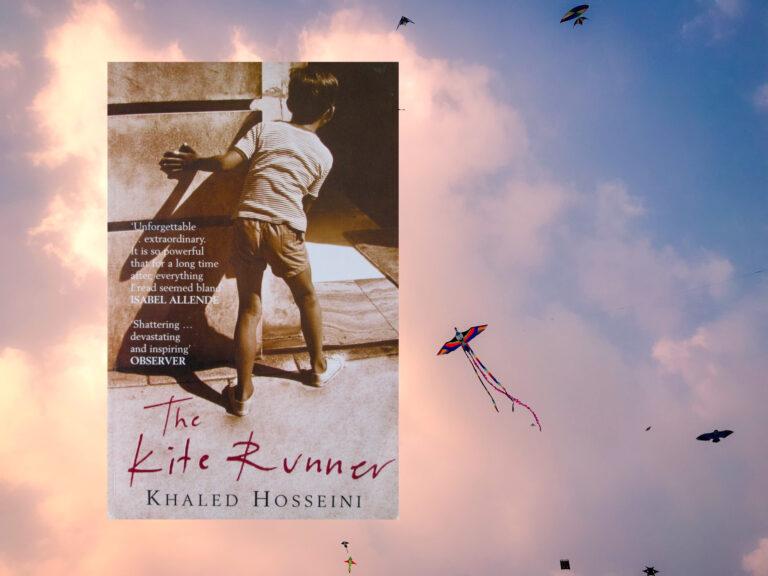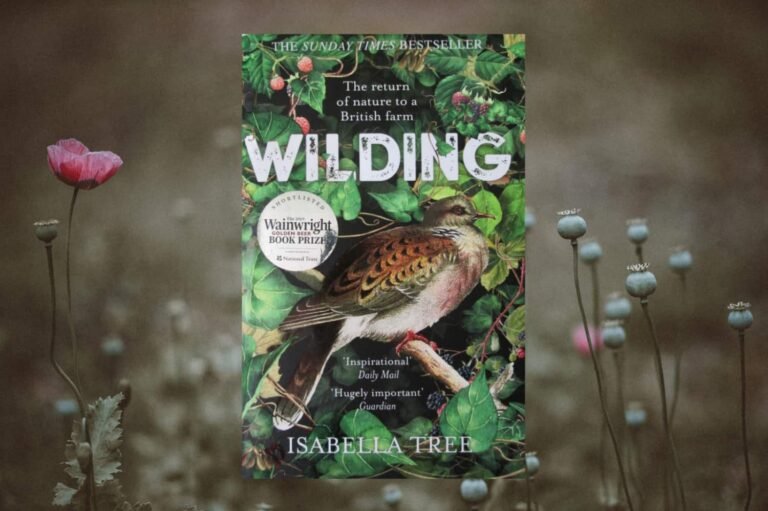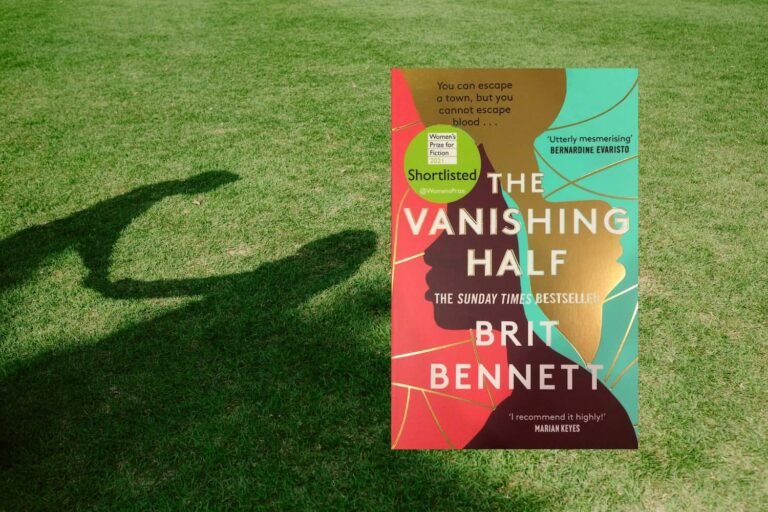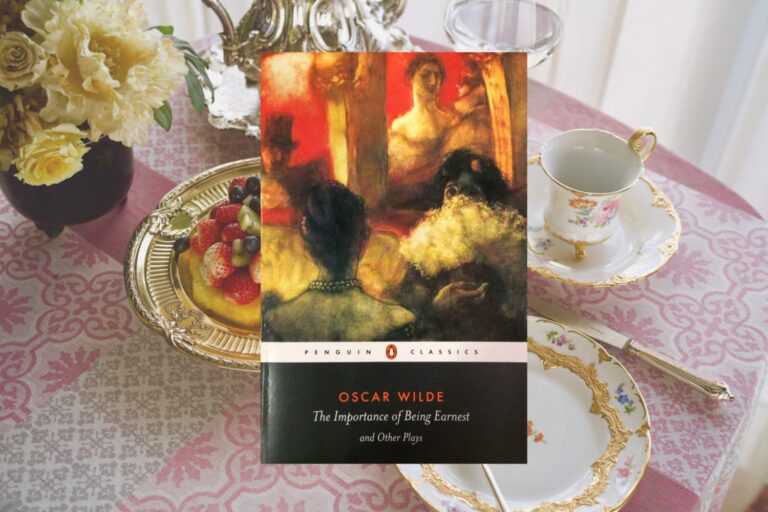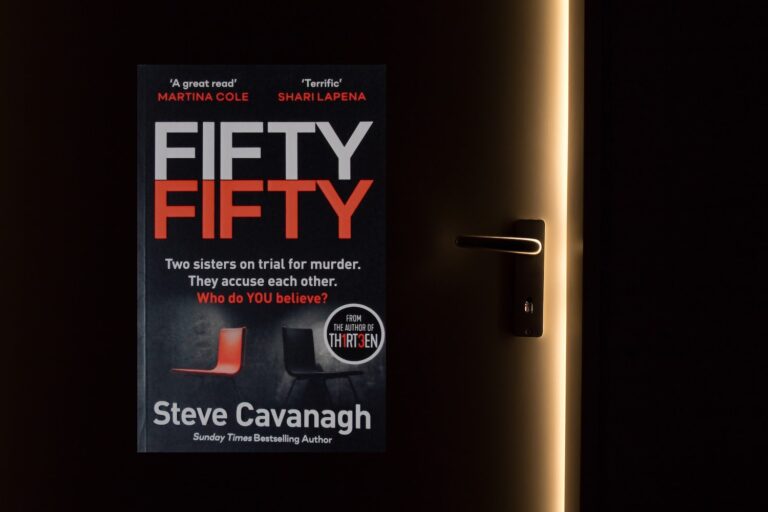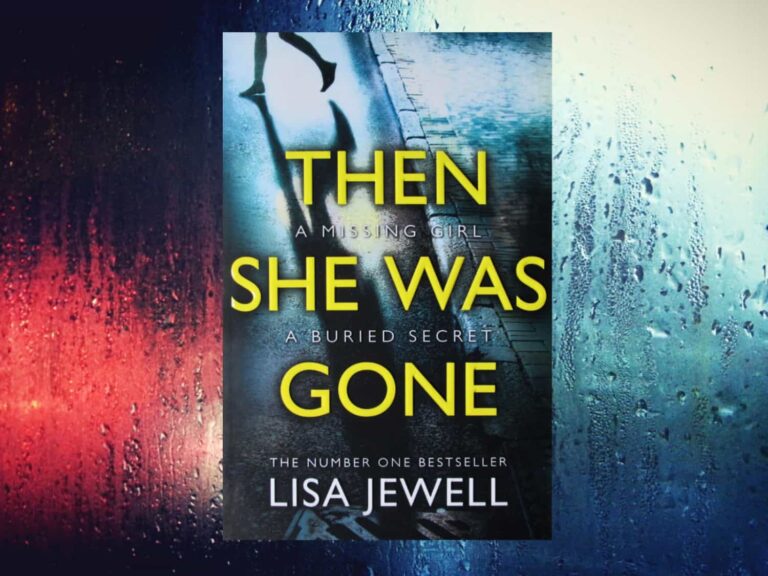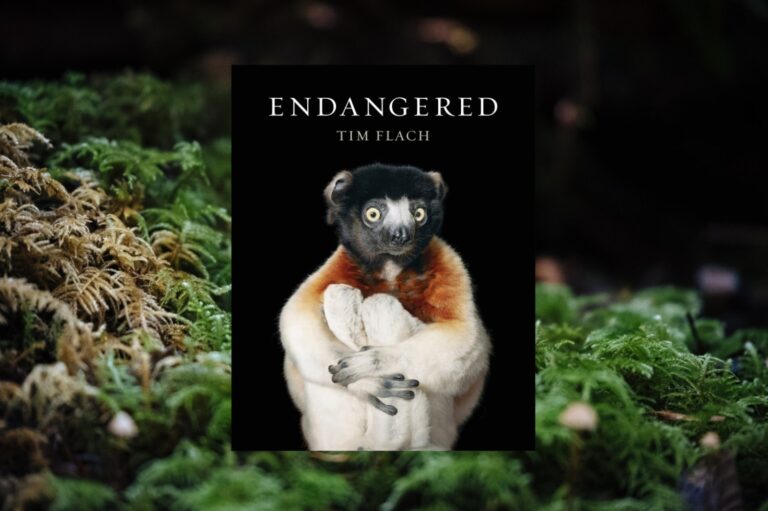The revelations, the coming of the end, the great apocalypse and its Four Horsemen – oops sorry, I mean its four motorcyclists are all merging together for one heavenly-hell of a battle in Good Omens. The reason for all the maybe, and much-loved comedy, are due to the preventative-failings of one angel and demon, who in wanting to save their life on earth and their friendship to boot, accidentally misplace the antichrist; eleven-year-old Adam.
The leader of a small gang of friends known as ‘the Them’, plus one hell of a cute mongrel, Adam likes nothing more than playing make-believe, but now somethings are starting to come true; Atlantis rising, a nuclear powerplant powered by a…lemon sherbet? Flying spaceships, tunnels and more. Yes, this is the end of times, but at least we’ll have a good laugh about it thanks to two vividly gifted writers, Terry Pratchett and Neil Gaiman, who with unparalleled comedic success have produced the Good Omens.
Adam may well be at the centre of the story – after all he’s due to bring about the end of the world and thereby start the fight between heaven and hell – but there are two very happy and well-contented best friends; Aziraphale the Angel, and Crowley the Demon, who encircle the events as they try to do everything they can to prevent this joyous last battle, regardless of what side may win. For either way it’ll mean the destruction of earth, and they’ve really rather come to like it in the last few millenniums. Also, and in extreme denial, they’ll miss each other. Having started out as rivals (though they never put any real effort into it), this demon and angel become peers who secretly help each other, to finally besties, although they’ll never admit it.
Crowley the “evil” demon has tempted Aziraphale the “saintly” angel, from being totally perfect and godly to something a little more grey, and this effect isn’t one sided, with Aziraphale having opened a hole in the heart of Crowley. In all, the two of them are closer to humans and their greyness, than the pure wrong and right of good versus evil – both of which are shown to be closer to evil.
These two friends-come-conspirators therefore decide upon the arrival of the bouncing baby devil-spawn (aka Adam) to raise the child by both the good (Aziraphale – the gardener) and the bad (Crowley – the nanny). Hoping as such that they will cancel the other out and the child will choose not to go through with the apocalypse. The plan seems to be going okayish? Until they realise on his eleventh birthday that they’ve been looking after the wrong boy, while the real antichrist; Adam, has been raised somewhere else entirely and now no one knows where he is, or even that he’s lost – apart from our heroic Aziraphale and Crowley – who worry as to what the boy is like, and what he will do when his powers come to full fruition? This is the overlying direction of the novel, and what we as readers have known from day one (having seen the mistake of the baby swaps), but we still don’t know the outcome or who will get to the boy first – our heroes or the four motorcyclists? Also known as the Four Horsemen; DEATH, War, Famine and Pollution.
There’re also computer-breaking nerds who are roped into being witch hunters, witches who predict and then try to prevent/guide the future, mistresses of the night who also act the part of mediums, American Ambassadors, talkative nuns, and a hoard of demons and angels. In summary there’s a lot a lot of storylines in Good Omens, filled with over running angles and intersections that makes something like the M25, but here it actually works.
A television series has also recently been made of Good Omens, the casting choices for Aziraphale (Michael Sheen) and Crowley (David Tennant) fitting so perfectly that you’ll believe they’ve come to life. There are of course some slight alterations to the book’s characters and modernising of scenes, which is not surprising seeing the book was written back in 1990. However, the series successfully retains its essence and general humour – although some bits are disappointingly left out; the dialogue of a water-pistol scene for example. But in general, you could happily enjoy both the book and the TV series, while the former will certainly still stand out the most – for its unique concept, original dialogue, multiple-plot points, and being the dark crowning success of a fantasy-comedy. Be sure to add Good Omens to your reading list.
Terry Pratchett’s Other Notable Works:
- Discworld (full series not listed):
+ The Shepherd’s Crown (41) 2015
+ Snuff (39) 2011
+ I Shall Wear Midnight (38) 2010
+ Making Money (36) 2007
+ Wintersmith (35) 2006
+ Thud! (34) 2005
+ Going Postal (33) 2004
+ A Hat Full of Sky (32) 2004
+ Monstrous Regiment (31) 2003
+ The Wee Free Men (30) 2003
+ Night Watch (29) 2002
+ The Amazing Maurice and His Educated Rodents (28) 2001
+ Thief of Time (26) 2001
+ The Truth (25) 2000
+ The Fifth Elephant (24) 1999
+ Carpe Jugulum (23) 1998
+ Jingo (21) 1997
+ Hogfather (20) 1996
+ Feet of Clay (19) 1996
+ Maskerade (18) 1995
+ Interesting Times (17) 1994
+ Soul Music (16) 1994
+ Men at Arms (15) 1993
+ Lords and Ladies (14) 1992
+ Small Gods (13) 1992
+ Witches Abroad (12) 1991
+ Reaper Man (11) 1991
+ Guards! Guards! (8) 1989
+ Wyrd Sisters (6) 1988
+ Mort (4) 1987
+ Equal Rites (3) 1987 - A Slip of the Keyboard: Collected Non-Fiction 2014
- A Blink of the Screen: Collected Shorter Fiction 2012
- Dodger 2012
- Nation 2008
Neil Gaiman’s Other Notable Works:
- Art Matters 2018
- Norse Mythology 2017
- The Ocean at the End of the Lane 2013
- Death (Death of the Endless 1 & 2) 2012
- Instructions 2010
- Blueberry Girl 2009
- The Graveyard Book 2008
- Anansi Boys 2005
- The Wolves in the Walls 2003
- Coraline 2002
- American Gods 2001
- Stardust 1998
- Death: The Time of Your Life 1996
- Snow, Glass, Apples 1995
- London Below:
+ How the Marquis Got His Coat Back 2014 (1.5)
+ Neverwhere 1996 (1) - The Sandman:
+ The Sandman: Overture 2015
+ The Sandman: Endless Nights 2003
+ The Sandman: The Dream Hunters 1999
+ The Sandman: Book of Dreams 1996
+ The Wake (10) 1996
+ The Kindly Ones 1995 (9)
+ World’s End 1993 (8)
+ Brief Lives 1993 (7)
+ Fables & Reflections 1993 (6)
+ A Game of You 1992 (5)
+ Season of Mists 1991 (4)
+ Dream Country 1991 (3)
+ The Doll’s House 1990 (2)
+ Preludes & Nocturnes 1989 (1)
Book Edition Information:
Publisher: Victor Gollancz
ISBN: 978-1-473-20085-2
Cover Design: Us Now
Cover Illustration: Joe McLaren
Presented Edition: 2013 Hardback
Background image courtesy of Ryan Parker on Unsplash

